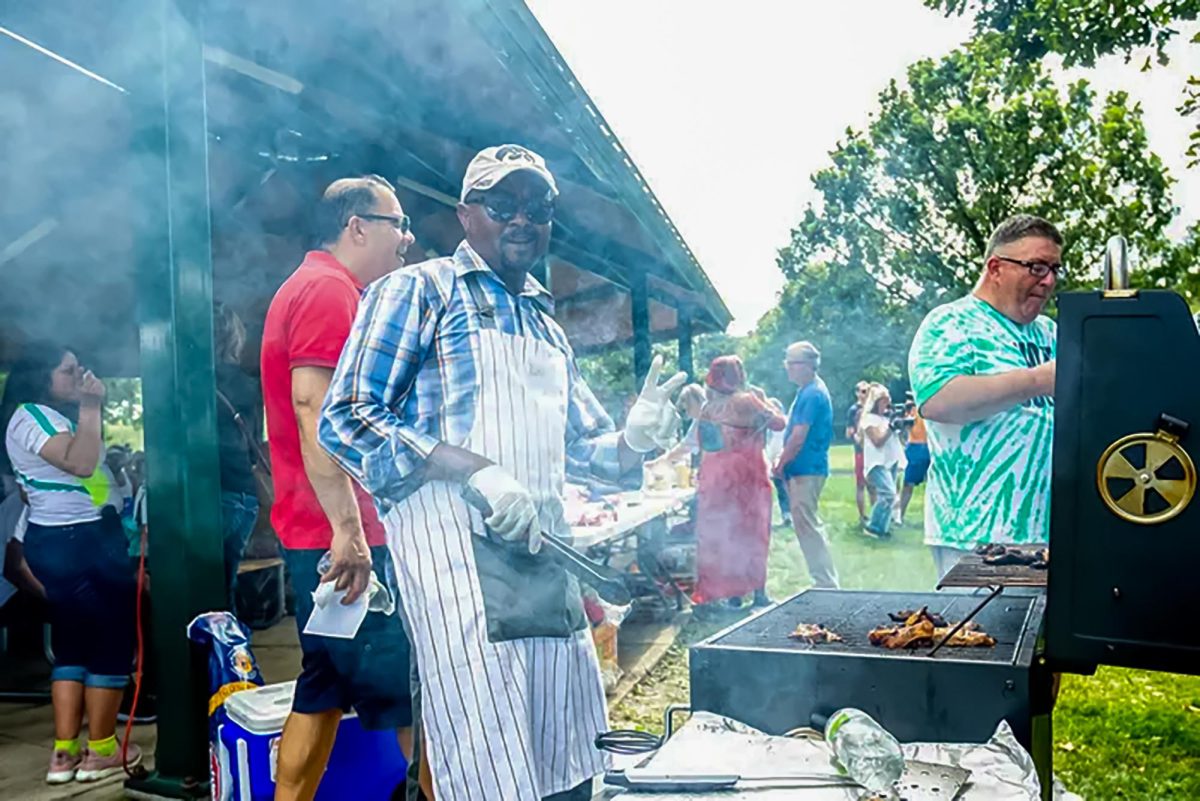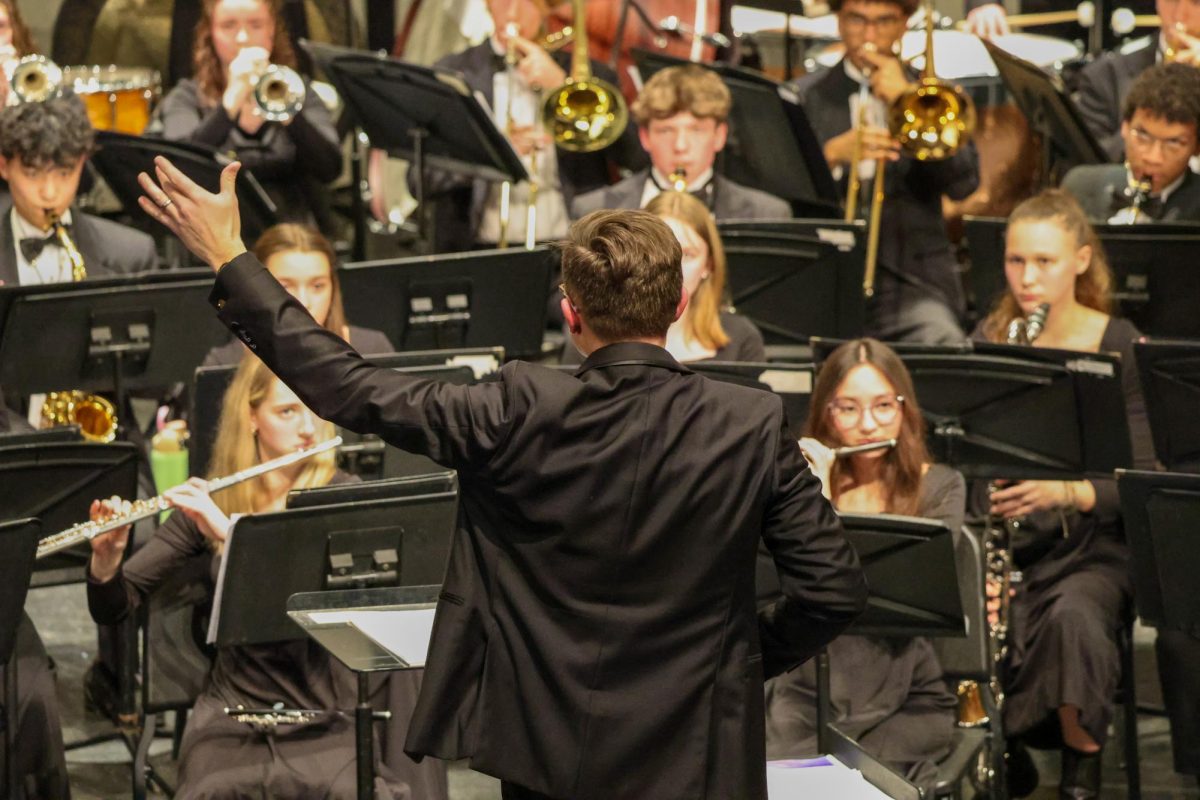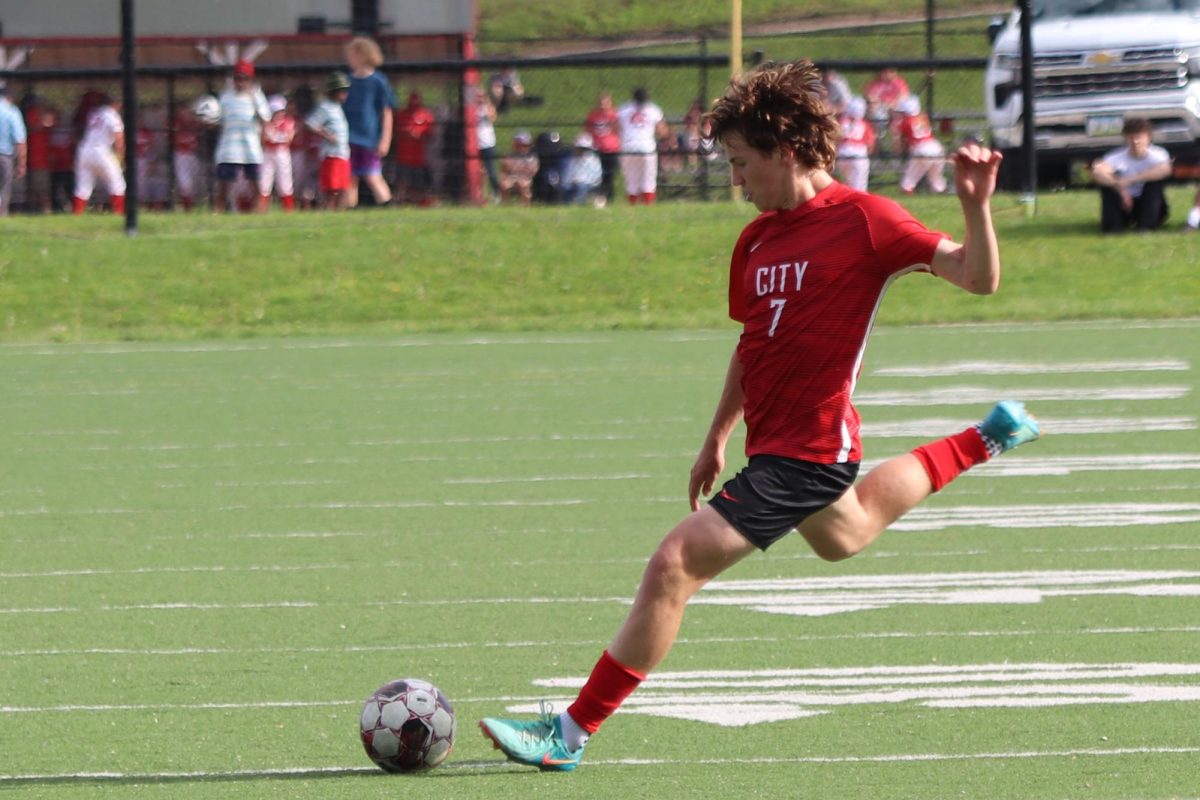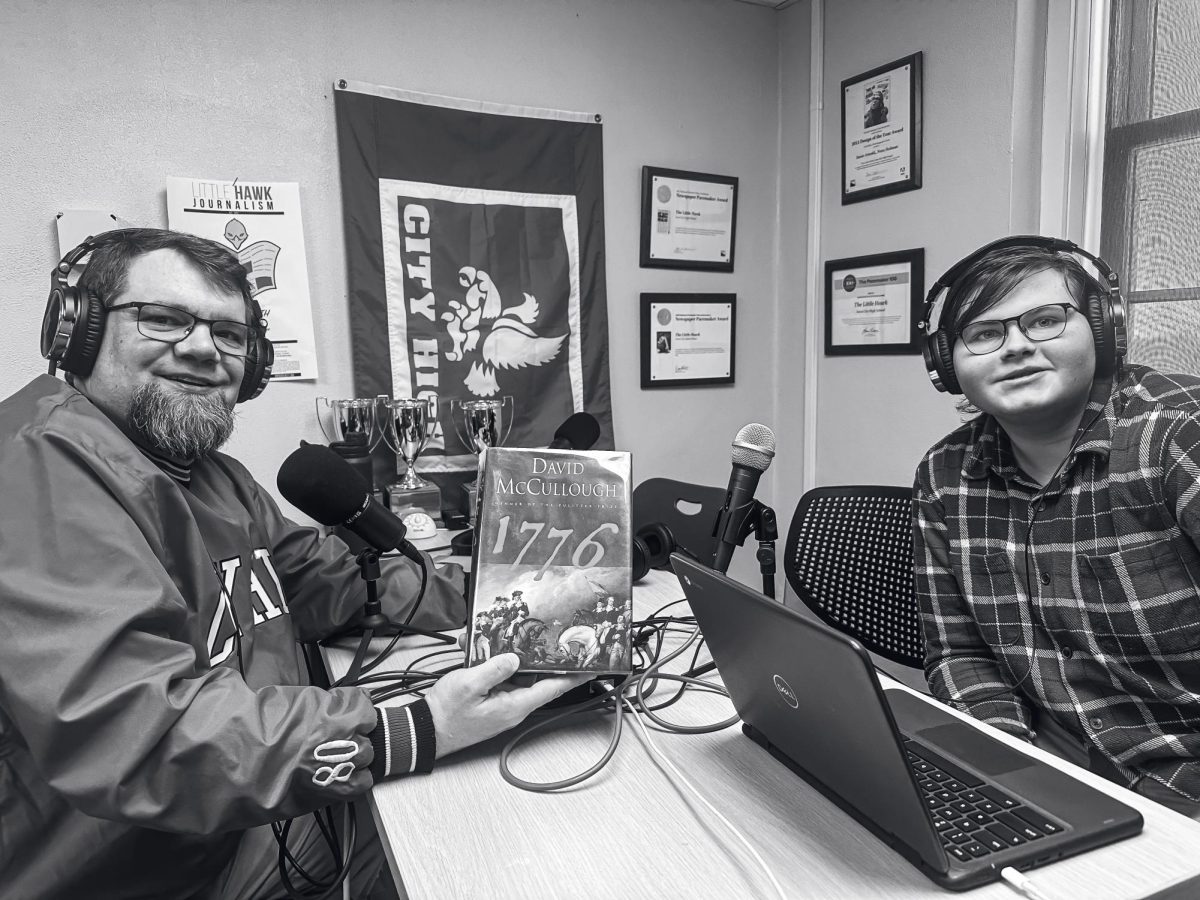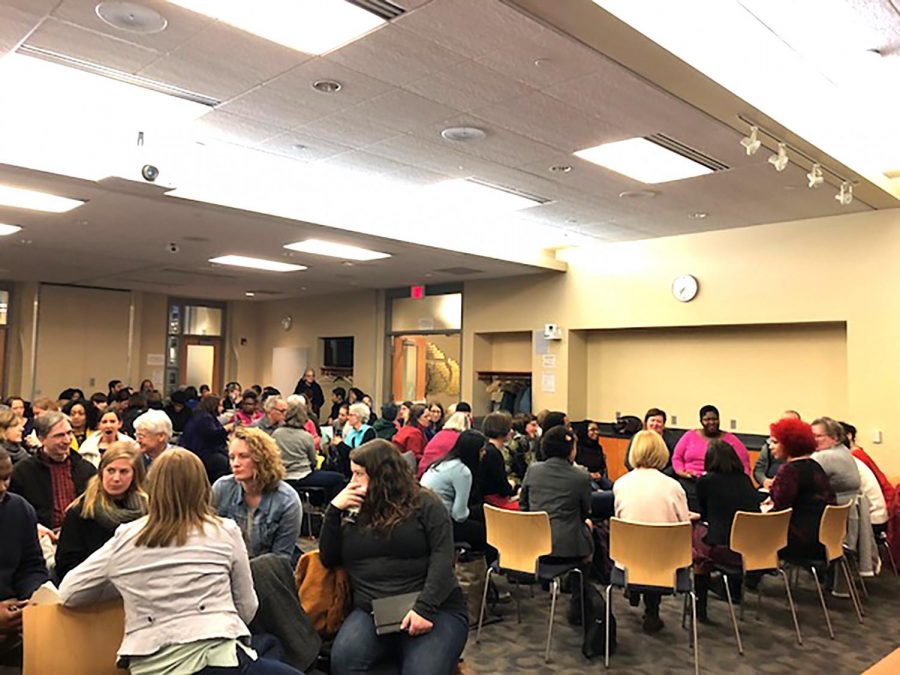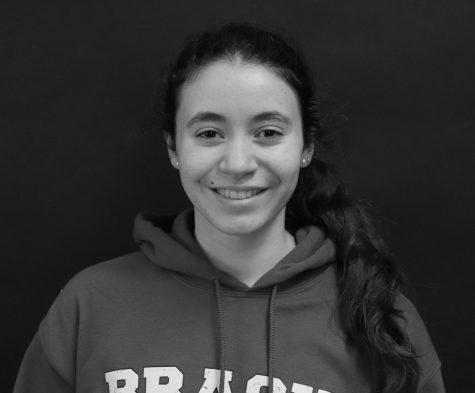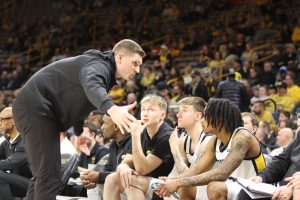Desegregation in Iowa Schools
May 9, 2018
On April 2, a panel discussion centering around the desegregation of schools was held. The panel featured Leslie Locke, an assistant professor at the University of Iowa College of Education, Kingsley Botchway, a member of the City Council of Iowa City, as well as Nikole Hannah-Jones, a well-known investigative reporter for the New York Times. Teachers, educators, parents, and community members from all around Iowa came to take part in the discussion.
The event started out with each panelist talking a little bit about the factors that drive segregation in education.Maya Durham ‘19, who joined the panel during the second half of the forum, said she believes history is the main cause for segregation in schools.
“Redlining and white flight and all of that has led to, especially in the north, to deep, deep roots in segregation that aren’t really acknowledged,” Durham said.
Many agreed that not only is segregation an issue between schools, but also within schools. AP classes were a very common topic of conversation. In schools, even ones that are desegregated, there are big disparities in participation in advanced classes, as well as in extracurricular activities.
As far as why there are such big disparities, Durham points to cost as one of the main factors that drives segregation.
Later on, the panel focused more on the lack of minorities being represented in school staff.
“The teaching force remains largely white, middle class and female.” Leslie Locke said. “Secondary principles are largely white and male, therefore it’s possible for students to go through their entire K through 12 experience without seeing a teacher of similar racial or ethnic background.”
Most attendees believed that young students of minorities feel alienated by their fellow classmates, and are no longer excited to go to school like they used to be when they were younger, which is only exacerbated by segregation in schools.
“[Students of color and lower-income backgrounds] are more strongly impacted by policies up to zero tolerance policies, dress code and hair policies, and are in schools with a stronger law enforcement presence.” Locke said.
Different solutions for creating an inclusive environment were mentioned as well.
“Educating themselves on different minority students’ backgrounds,” Durham said. “Whether that’s a racial or ethnic background, or educating themselves on the LGBT+ community more, really make sure that when they’re talking to a student who may make experience different things than them and have different barriers when it comes to school, really being able to empathize and understand what they’re going through, and be able to relate to them.”
And, as far as taking action to end segregation in schools, Kingsley Botchway of the Iowa City City Council said that working together was essential.
“Ultimately, in order to impact the change that many of you are here that wanna see, it’s gonna take everybody to move those mountains.”






